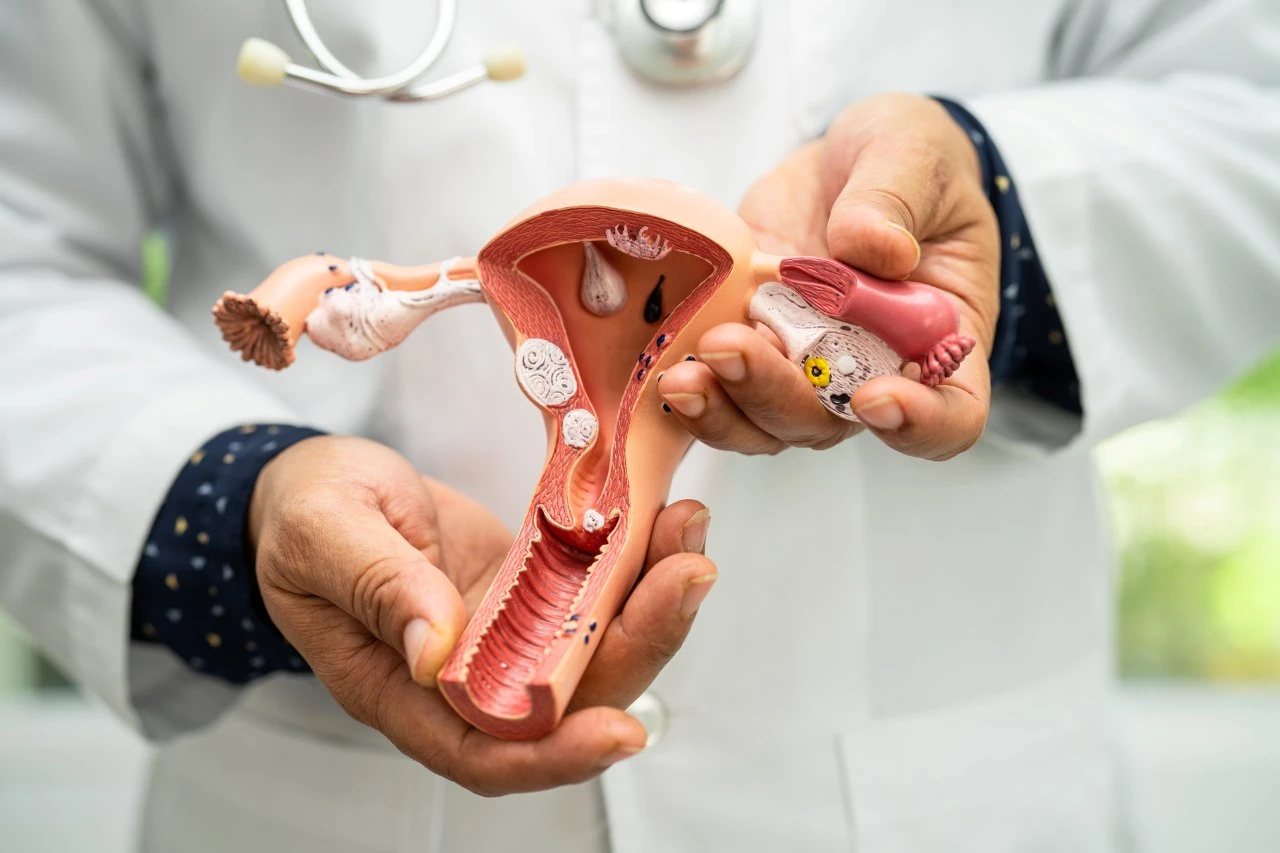Your first visit to an obstetrician-gynaecologist (OBGYN) can be nerve-wracking. But it’s normal – you’re going into an unfamiliar setting, getting an intimate examination, and will likely have to answer some pretty personal questions during your appointment. And yet, a lot of these concerns can be quelled with a well-prepared approach. Preparation makes the process smoother, ensures you leave with answers, and can even improve the quality of your healthcare in the long run.
And the truth is, an OBGYN consultation isn’t something to fear – it’s actually a chance to establish a solid medical relationship with someone you trust, and learn more about your body while you’re at it. So, what does proper preparation look like? Let’s break it down.
Why Preparation Matters More Than You Think
Not only is this consultation a key opportunity to assess your reproductive health, but it’s also the perfect time to start building trust with a doctor who can guide you through significant life stages. Walking in unprepared risks leaving with lingering questions or confusion about what comes next.
Think ahead about your health history and current concerns. Has your menstrual cycle changed recently? Have you experienced unusual pain or symptoms? Even noting the date of your last period or any irregular patterns helps the doctor create a clearer picture of your health.
It’s easy to underestimate the importance of preparation, but it’s the difference between a rushed, surface-level conversation and a thorough, productive one.
What To Expect During The Appointment
A lot of anxiety comes from not knowing what will happen during your appointment. But it’s fairly simple – the first consultation often begins with a conversation: your medical history, family health, lifestyle factors, and any immediate concerns. Depending on your age and health needs, the doctor may suggest screenings, a pelvic exam, or a Pap smear. But these are never performed without explanation.
Don’t hesitate to ask what each step involves! Understanding the process in advance is a powerful way to reduce nervousness. And if something feels uncomfortable or unnecessary, speak up. Gynaecologists respect when patients express boundaries; it helps build mutual trust.
And don’t forget that in many cases, the first visit doesn’t require anything invasive. It’s more about establishing a baseline for your health and discussing long-term care plans.
How To Prepare Questions And Concerns
Walking into the appointment with a mental checklist is helpful, but writing questions down is even better. After all, when you’re nervous it can be easy to forget important details. A prepared list ensures you leave with the information you need.
Think about the areas that concern you most:
- Are your menstrual symptoms normal, or do they suggest an underlying condition?
- What are the safest contraception options for your lifestyle?
- Are there any preventive screenings you should start at your age?
Not only do these questions guide the conversation, but they also help you focus on what truly matters to you. The consultation is your time – there’s no reason to hold back.
When To Start Preparing
You don’t need to wait for a problem to arise before seeing an OBGYN. In fact, we believe in early consultations – preventative care is always better than a cure. So when it comes to when to book your first gynaecology visit, we say the sooner the better; if you’re sexually active or menstruating, you should schedule regular visits to the gynecologist to ensure that everything is in order. Starting early creates a foundation for ongoing care, helps establish a long-term medical relationship with your doctor, and makes it easier to track changes and catch potential issues early.
What To Bring With You

Arriving empty-handed is a missed opportunity. Bring any relevant medical records – past test results, a list of current medications, and details about previous surgeries or treatments. If you track your menstrual cycle or symptoms using an app, bring that data too. These records can offer critical insight, helping your doctor identify patterns that you might not even notice.
Clothing matters as well. A loose-fitting outfit makes exams less awkward and saves time during the appointment. It might sound trivial, but small considerations like this can make the experience much less stressful.
Choosing The Right Specialist
The specialist you choose makes a big difference, and a good OBGYN is going to be one that you trust with deeply personal conversations. Look for clinics that focus on offering a judgement-free, supportive environment for its patients.
But remember it’s not just about qualifications – though those matter too – it’s also about how comfortable you feel with the doctor’s communication style. Do they take the time to explain things? Do they listen without judgment? These factors can turn a potentially stressful experience into a positive one.
Addressing Common Fears And Misconceptions
One of the biggest barriers to scheduling an appointment is fear. Many assume that a consultation means an invasive exam, but this is absolutely not always the case. In fact, most first-time visits focus on discussion rather than procedures. The doctor will explain what’s necessary and why, giving you full control over what happens.
There’s also the misconception that gynaecological care is only for pregnancy-related needs. In reality, it’s about overall reproductive health – monitoring menstrual cycles, hormone balance, and preventive screenings. Seeing an OBGYN regularly helps catch small issues before they develop into bigger problems.
Another common worry is embarrassment. We understand – it’s natural to feel self-conscious, but as professionals offering expert care for female health concerns, we handle such matters every day. For you, it’s personal, but for us, it’s routine.
Preparing Mentally And Emotionally
Practical steps are only half the equation – there’s a mental side to preparation as well. Think of this appointment as a conversation, not an interrogation. You’re not being judged; you’re collaborating with a medical professional to protect your health.
It can help to remind yourself why you’re going. Whether it’s for reassurance, answers, or preventive care, the goal is to feel more in control of your body and your choices. That mindset shift – seeing the visit as empowering rather than intimidating – makes a significant difference.
Final Thoughts
Ultimately, preparing for your first OBGYN consultation isn’t only about logistics, but rather about confidence. Not only does preparation help you ask better questions and understand your options, but it also ensures the experience feels less intimidating, embarrassing, and nerve-wracking. Bring your medical records, wear something comfortable, and come with an open mind. Remember, this appointment is about you. It’s an opportunity to prioritise your health, build trust with a specialist, and take proactive steps for the future.








